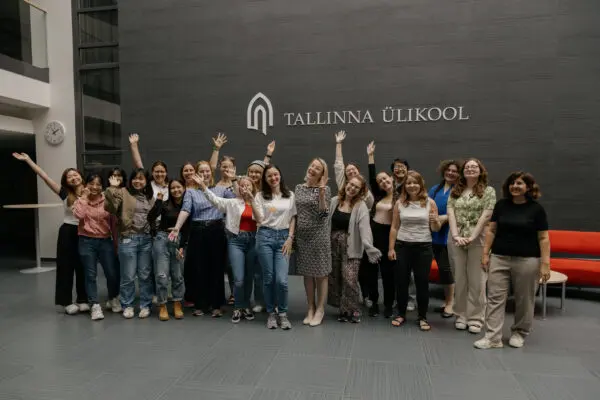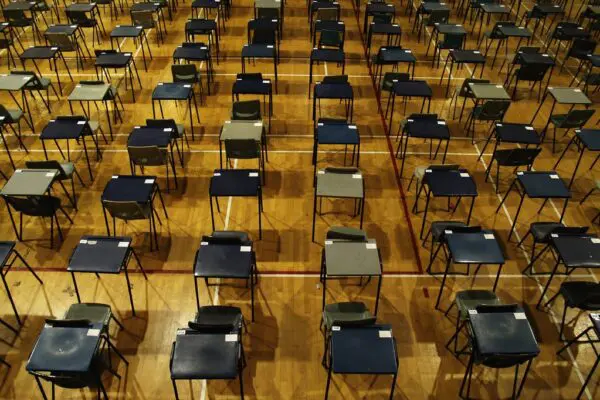
Tallinn, Estonia
Innovate and Educate
When:
27 July - 31 July 2026
Credits:
2 EC
Read more
Designing learning programmes, learning materials and resources for education for sustainable development. Upon completion of the training course, the participant is expected to:
Understand the challenges of sustainable development
Understand the principles and objectives of education for sustainable development
Be able to set objectives and design educational programmes for sustainable development
Be able to cultivate values, critical thinking and cooperation, through training programmes
Be able to use different learning techniques
Understand and be able to implement the principles of the sustainable school
Methodology
Natassa Kazantzidou: European projects consultant, responsible for IDEC lifelong learning centre, trainer. Specific expertise in the field of evaluation of education, European education policies, European projects in education.
Staff at all types of education and training organizations, NGOs and organizations organizing education programmes for sustainable development:
Directors / headmasters
Teachers / trainers
Designing learning programmes, learning materials and resources for education for sustainable development.
Fee
350 EUR, Training fee
Fee
80 EUR, Organisation fee
When:
22 February - 26 February 2016
School:
Institution:
IDEC SA
Language:
English
Credits:
3.5 EC

Tallinn, Estonia
When:
27 July - 31 July 2026
Credits:
2 EC
Read more

Aarhus, Denmark
When:
27 July - 14 August 2026
Credits:
10 EC
Read more

Prague, Czechia
When:
04 July - 11 July 2026
Credits:
0 EC
Read more